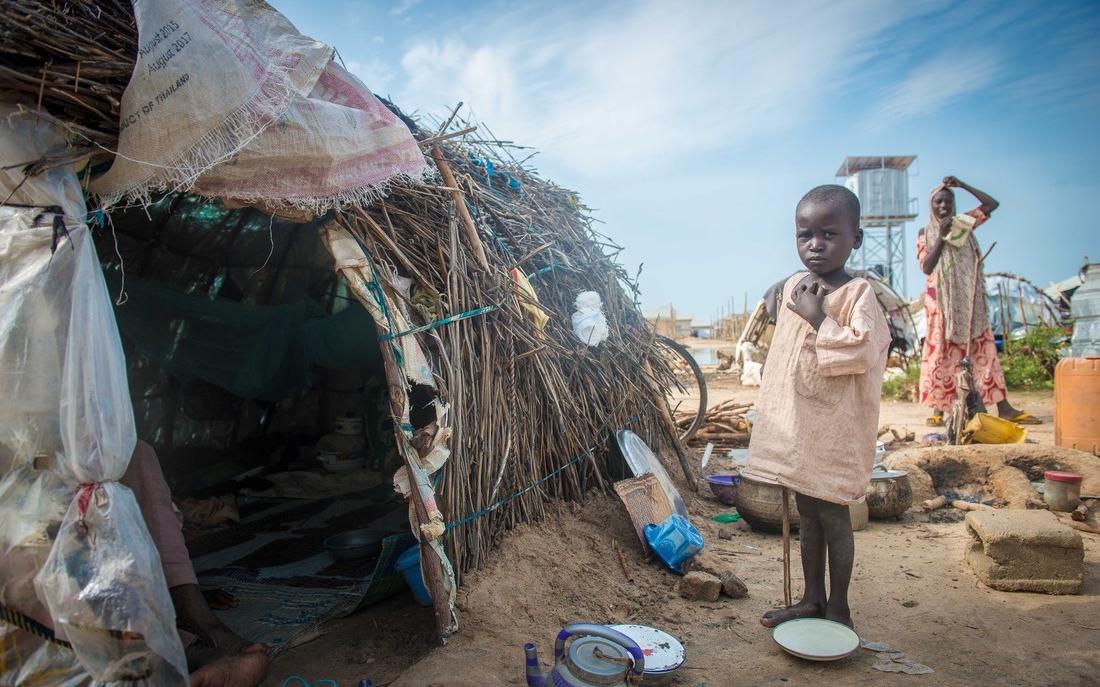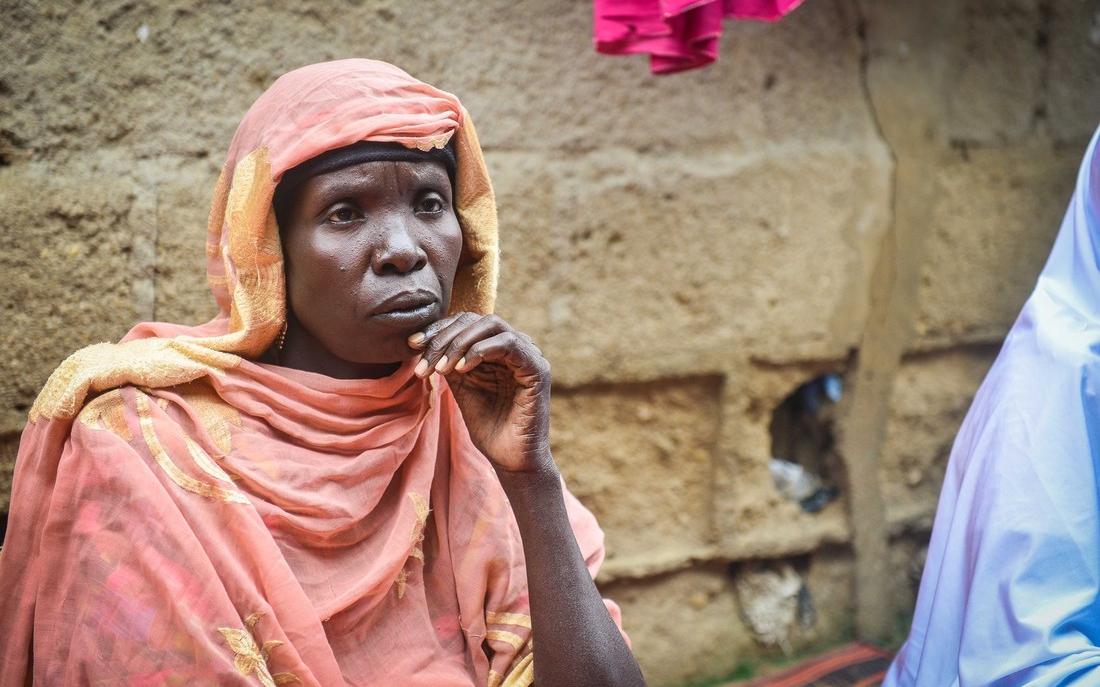To scale back clashes between cattle herders and crop farmers, the Federal Government is
rehabilitating grazing reserves and stock routes and sensitizing both sides on peaceful coexistence, reports VINCENT OHONBAMU in Gombe State
rehabilitating grazing reserves and stock routes and sensitizing both sides on peaceful coexistence, reports VINCENT OHONBAMU in Gombe State
There has been enough violence and bloodshed between cattle herdsmen and crop farmers for federal authorities to come up with an answer. And the answer may have been found: rehabilitating all grazing reserves and stock routes, and orientating breeders and growers on the need for peaceful coexistence.
That is what the government has started doing, working through the Ministry of Agriculture in conjunction with Miyyetti Allah Cattle Breeders Association of Nigeria.
The National Coordinator, Grazing Reserve Rehabilitation at the Federal Ministry of Agriculture Mr. Mahmud Ibrahim said the government has decided to rehabilitate the 414 grazing reserves and stock routes in the country. He was speaking during a sensitisation and mobilisation programme on the rehabilitation and development of the reserves and routes at Wawa Zange in Dukku Local Government Area of Gombe State.
He said government was determined to end the crisis between farmers and Fulani cattle breeders and would not rest until this was achieved.
Baba Usman Ngajarma, the National Secretary of Miyetti Allah Cattle Breeders Association of Nigeria, said the tour was meant to sensitise nomads on such issues as the development of grazing reserves, demarcation of cattle routes, cattle rustling, kidnapping and peaceful coexistence with farmers, among others.
He said the sensitisation team would cover the country in phases, beginning with 10 states in each phase.
He added, saying, “We are going round the country to sensitise the nomads and the farmers on the need for them to co-exist peacefully because the two professions are created to coexist together. So is the need for them to coexist is very essential and necessary because it is natural that they coexist,” he posited.
On education, Ngajarma said they were also sensitising the Wawazange population and those in other grazing reserves on the need to allow their children go to school because the lack of modern education is one of the causes of crime among the youths; so also is moral decadence among the Fulani.
“Since we are collaborating with the National Commission for Nomadic Education, very soon we will still come out with the commission to sensitise the Fulani on the need for them to put their children in school,” he explained.
His assistance, Dr. Ibrahim Abdullahi, said security was paramount and called on residents to be watchful for suspicious persons, and report them to the authorities immediately. He also appealed for adequate security in the grazing reserve.
He said he saw a vehicle full of firewood, an indication of indiscriminate felling of trees in the reserve, insisting that such act would not be tolerated, especially now that the country and indeed the entire world is battling with the menace of desertification and desert encroachment.
This act, according to him, would not be possible without the collaboration of insiders in the reserve, hence the call on leaders in the Gombe State chapter of Miyyetti Allah Cattle Breeders Association of Nigeria to come out in full force, liaise with security agents and the
state Ministry of Environment to put a stop the act immediately.
Three Fulani leaders in their different remarks pleaded for the provision of water for their animals and assured government of efforts to check the attitudes of their members in order to avoid clashes with farmers and communities.
Representatives of farmers on the hand complained of hot temper and hostility by some cattle breeders and called on them to desist from wanton destruction of their crops as some deliberately do and to report encroachment on routes to appropriately for appropriate action.
Dr. Abdullahi pleaded that they should ensure perpetrators were brought to book within the next one month, reminding them of the law which stipulates that ‘for every tree cut down, ten trees must be planted in their place.
Also speaking the state Commissioner of Animal Husbandry and Nomic Affairs, Mr. Sammy Barka urged the citizen of the state to desist from encroaching into grazing reserves and stock routes.
According to him, encroaching on grazing reserves and stock routes is causing disharmony and threatening our peaceful coexistence.
“I will like to appeal to the cattle breeders to control their animals and not to allow them destroy people’s farms and means of livelihood,” he said.
The sensitization exercise according to Ngajarma, the National Secretary of Miyetti Allah Cattle Breeders Association of Nigeria was supposed to have been flagged-off by President Buhari on July 4th, but was postponed to September and hoped that the President flag-off do a national the exercise by September.
Commenting however, Abare Abdu caste doubt on President Buhari’s commitment to end the farmers, herdsmen clashes, the rehabilitation of grazing reserves notwithstanding. He sighted the continuous silence of the President over the mayhem Fulani herdsmen are unleashing on
communities across the nation to prop-up his argument.
He opined that the problems between the two related oldest professions should rather be referred to as herdsmen massacre as the clash always end in their favour, especially now that they even brandish their rifles openly.
Elsewhere in the country, women and even men no longer go to farms alone. Women are constantly raped if found alone or outnumbered by the group of herdsmen who brandish riffles, swords and other weapons to subject their victims to the humiliation.
Men on the other hand get killed for trying to resist or protest grazing on their farms, while some are bound with ropes and made to watch their sweat destroyed by heartless herdsmen.
Source: The Nation





